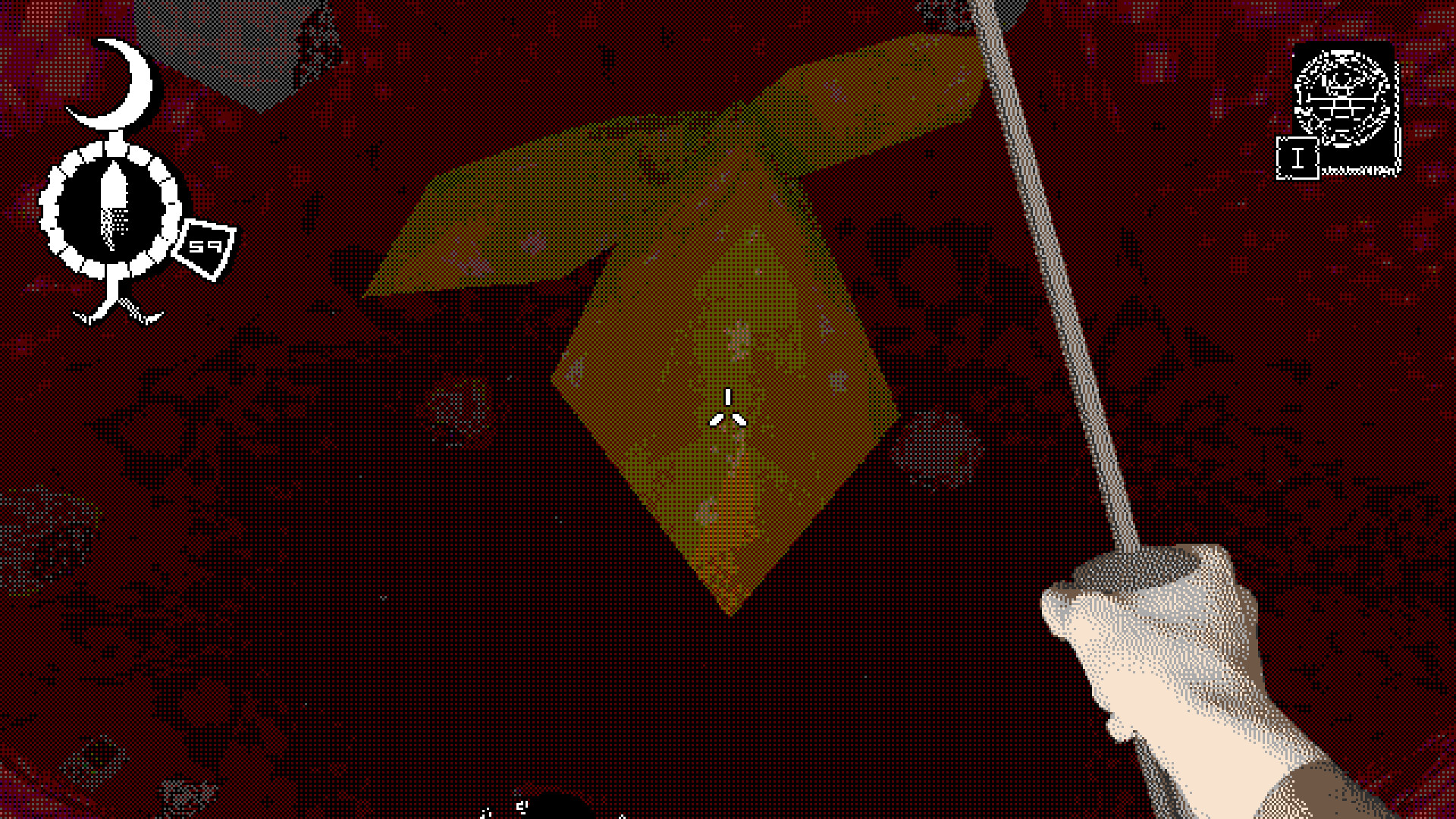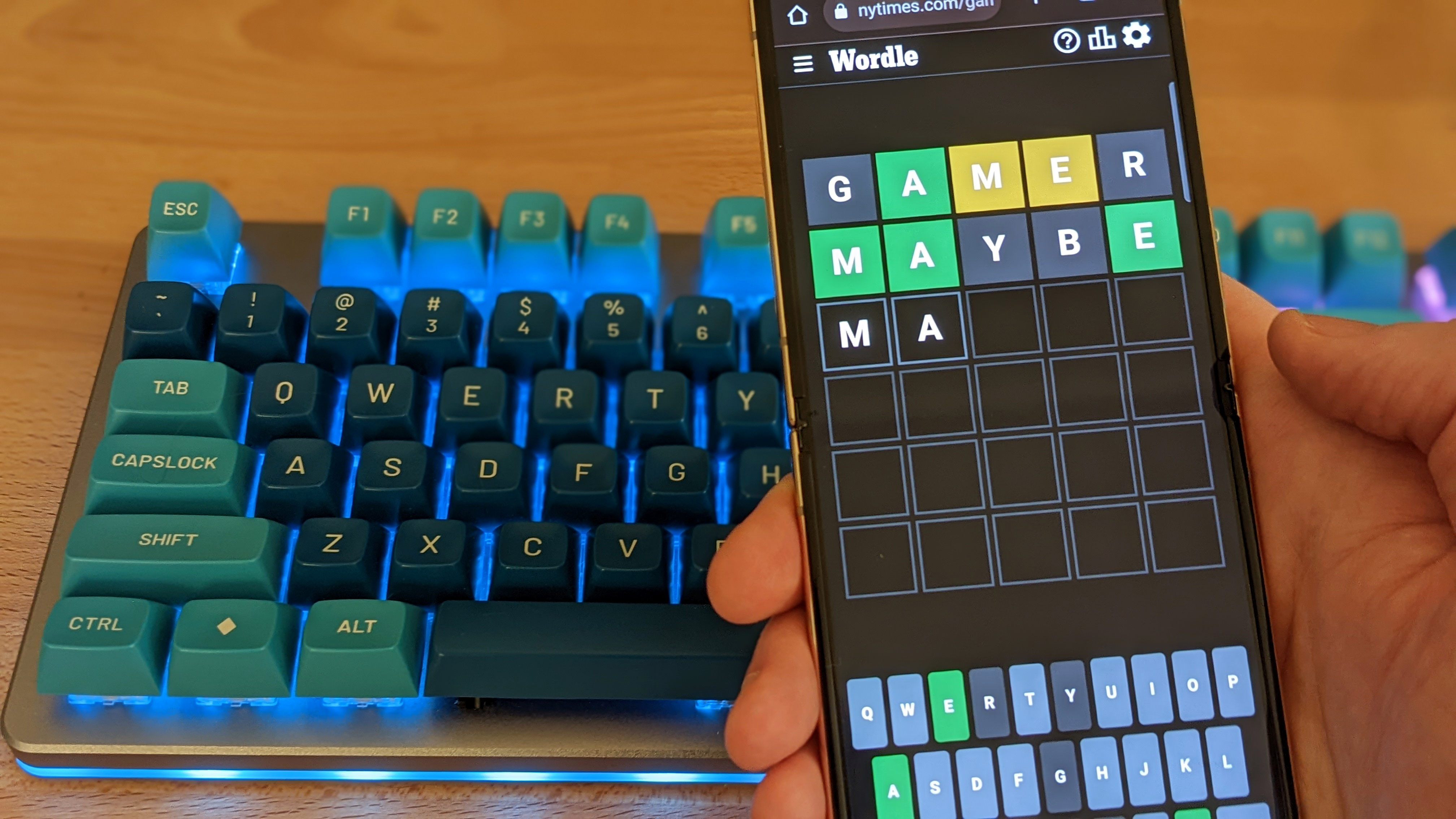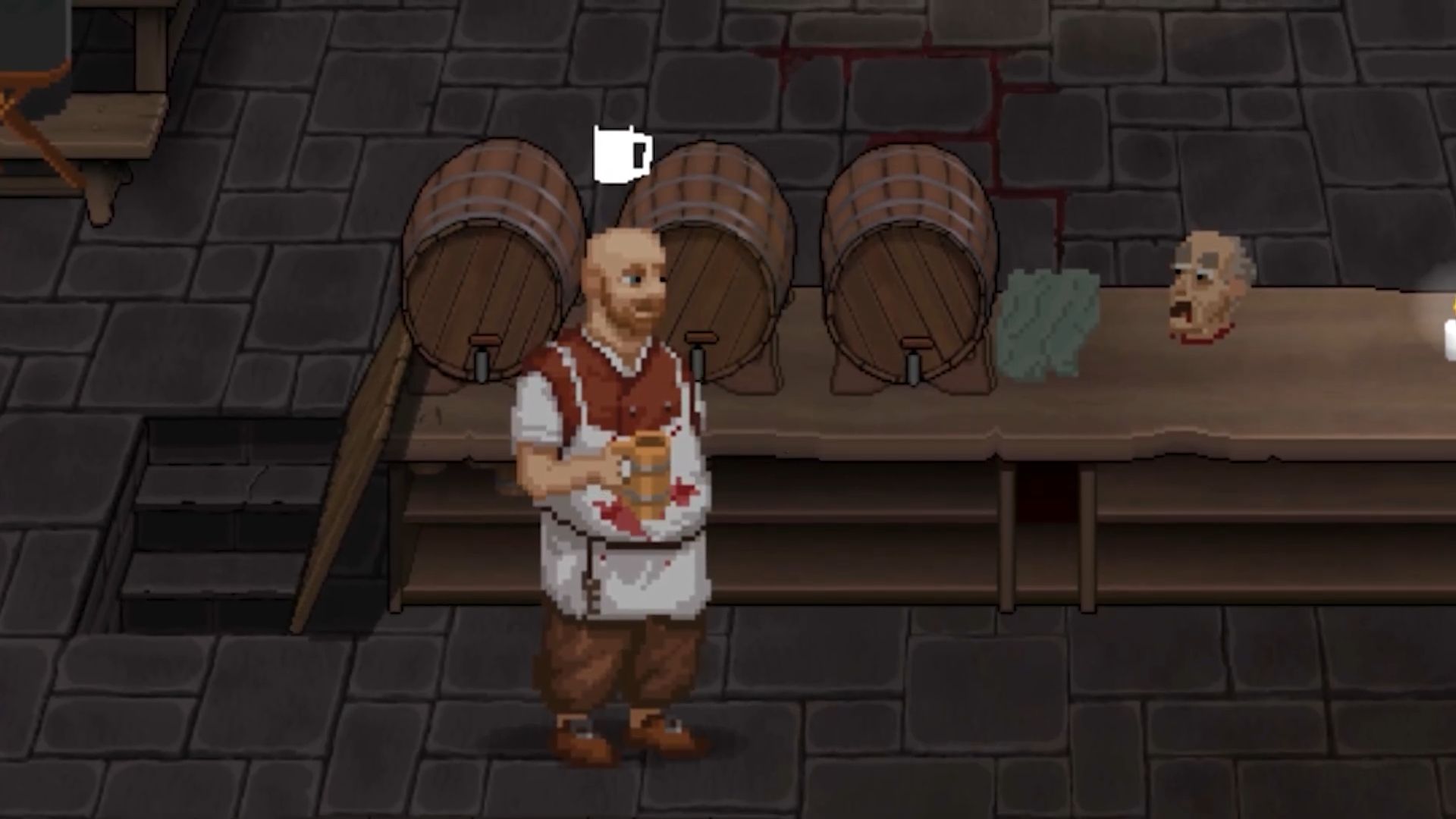
'FOMO Has Infected Modern Games,' Says Remedy Director of FBC: Firebreak

Mike Kayatta, game director of Remedy’s upcoming FBC: Firebreak, supports the notion of making games “that respect player time and don’t try to overcharge.”
This suggestion comes in the wake of a flurry of recent games successfully being released at a lower price point than we’ve come to expect. These include two of the most critically acclaimed titles of the year so far, Split Fiction and Clair Obscur: Expedition 33, which have sold over 4 million and 2 million copies respectively so far this year.
It’s a pattern that both Mafia: The Old Country – recently revealed to cost $50 when it launches on August 8 – and FBC: Firebreak will be hoping to continue.
Launching on June 17, 2025 and costing $39.99/£32.99 (as well as on both Game Pass and PS Plus), Firebreak is looking towards this newly emerging mid-tier space between wildly budgeted AAA games and indies to find its success. It’s a notion that Kayatta explained to IGN:
“I read somebody describe this recently in a very eloquent way as game developers building cathedrals competing to build these more and more complex, beautiful, expensive things,” Kayatta said.
“And it’s gotten to the point where you’ve got a lot of games that cost half a billion dollars to make. And then, of course, when you get into marketing and promotion, I mean, the amount of money involved is staggering. And that can produce some incredible, incredible experiences that I am very thankful exist, but only some of those can exist, and everyone can’t compete in that space.”
Kayatta continued: “And then on the other side, you’ve got all of these incredible indie developers. Everything from Inscryption to Stardew Valley to Blue Prince feel like they come out of nowhere and light the world on fire. But then I do think we’re seeing that emergence of that middle ground now of, it’s messy to call it AA, right? But it is something kind of new. It’s not quite God of War Ragnarok or GTA 6, but it’s also something more than a Slay the Spire. And that’s not a comment on either end of those spectrums. Those are fantastic games, but it does feel like there is something kind of emerging in the middle, at least to me.
“If it’s the future, I’m not sure. I wouldn’t say in the sense that it implies that that’s where all games need to go, but this idea of a responsible team size, a responsible budget, a responsible amount of time to develop a game, just get it out there, make something that respects player time and don’t try to overcharge and don’t try to be greedy with time. I do think there’s a space for it, and we’re trying to touch on it with this game.”
That respect for players’ time and money goes hand-in-hand with Remedy’s all-in-one approach to Firebreak. This is a game you pay once for and get everything for that $40. The idea of a free-to-play model was something never even entertained by the team.
“A lot of that has to do with reducing FOMO (the fear of missing out), which I think has kind of infected a lot of modern games,” stated Kayatta.
“And by the way, that’s not a blanket statement. I think a lot of games are able to use FOMO to be exciting. So I’m just saying that for this game in particular, it didn’t work for us, but it’s not just about monetization, I think it’s about the value that the game has. So one example would be, I don’t know if you’ve ever played Path of Exile, for example, and you open up that skill tree and you see 10,000 things that you’re going to be able to do.
“And for a type of person, they’re really excited, like look at that depth and look how many hours I’ve got, all these other things. And then for another type of person, they’re looking at that saying, ‘I will never extract the value from this game even if I want to.’ And even if those devs, and this is no longer a comment about Path of Exile, which I love by the way, even if you say, ‘Well, but you don’t have to interact with those systems, you can still have fun.’ That may be true, but the minute you see those systems exist, you’re instantly put into that frame of reference where you say, ‘There is something that I’m not getting from this, and that just feels bad.’
“So for us, we wanted to make sure that the game, both from the way we monetize it, we don’t do daily check-ins, timed battle passes, all that other stuff that dictates your time. There’s that side.
“But the other side, too, is that we don’t want to present a game that feels so complex, like, oh, if you don’t come back and do six more sessions, you’re not going to be able to do this, and progression’s important. You feel like you’re accomplishing something over time. So we definitely have that, and we definitely wanted to have a strong meta game, but we also just wanted to keep things feeling like, you know what? I get as much out of this as I want at any given time, and at any given moment, I have the complete experience.”
Firebreak will be hoping to capture both fans of Remedy’s uniquely weird work and fans of co-op shooters alike when it launches on June 17. For an in-depth look at how it’s shaping up, check out our hands-on preview.
Simon Cardy is a Senior Editor at IGN who can mainly be found skulking around open world games, indulging in Korean cinema, or despairing at the state of Tottenham Hotspur and the New York Jets. Follow him on Bluesky at @cardy.bsky.social.





